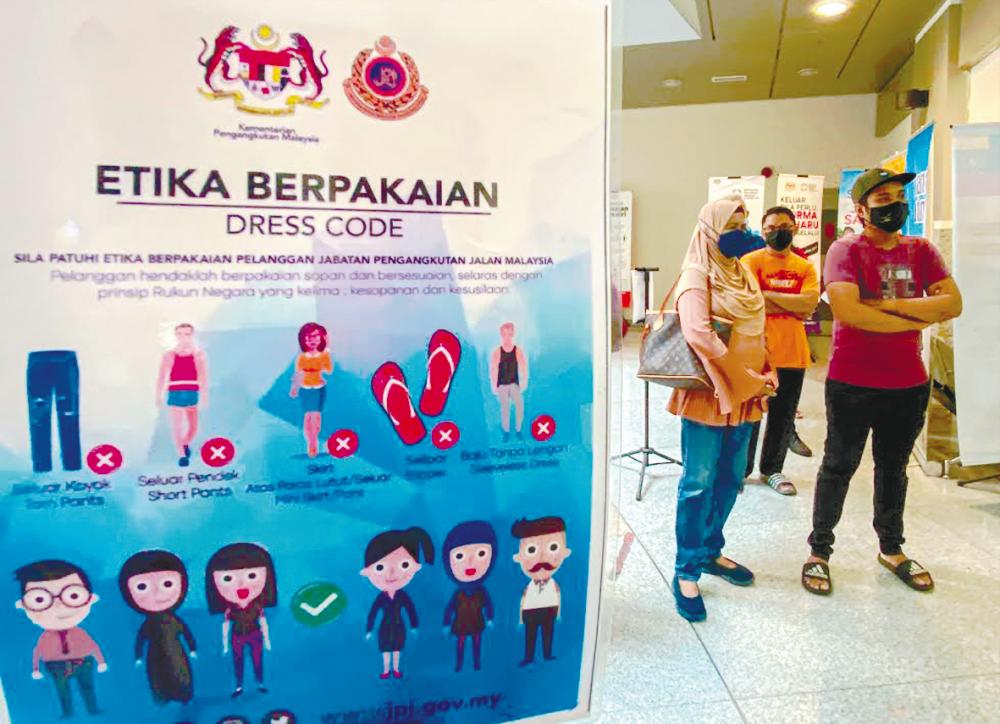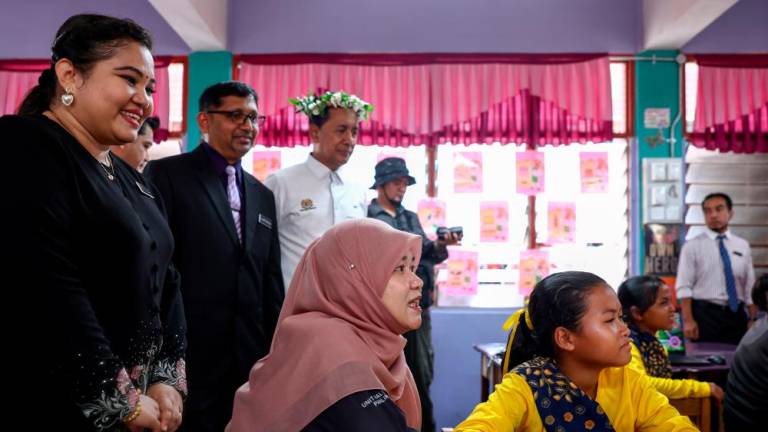PETALING JAYA: The repeated instances of moral policing are frustratingly reflective of a long-standing obsession by society at large with what women wear, said All Women’s Action Society (Awam).
Its information and communications officer Jernell Tan Chia Ee said this is seen through the attitudes of a multitude of authorities from security guards to management bodies and government and law enforcement officials.
“The same unnecessary preoccupation about clothing above the knees, tops baring the shoulders, and form-fitting or sleeveless attire is also pervasive among netizens, politicians, and in most cases, the media. This obsession is both discriminatory and dehumanising,” she told theSun.
Tan noted that in 2015, then minister in the Prime Minister’s Department Datuk Seri Azalina Othman Said clarified in Parliament that there is no enforceable or statutory dress code for the public when it comes to government departments and agencies.
“In short, the dress code is just a guideline and cannot be enforced as law. This should be made clear to all personnel in the civil sector, regardless of rank – preferably in briefings or in the form of policy that is accessible to all civil servants,” Tan said.
“There is an expectation for government departments and agencies to deliver quality services to the public, which we are entitled to, and not to preach or admonish the people on their choice of attire.
“Such policies or briefings should also be accompanied with effective reporting mechanisms that are easily accessible, with swift and accountable action or repercussions taken against civil servants who continue the practice of unnecessary dress policing,” she said.
Tan said if faced with moral policing, women should first know their rights, specifically involving their freedom of expression.
“This right is enshrined in Article 10 of the Federal Constitution. Attire constitutes a symbolic form of speech or expression, which is also covered in the legal provision. In addition, bear in mind that dress codes are just guidelines and not laws.
“As such, services cannot be denied to you solely based on your attire.
“Secondly, should you be denied any services or receive discriminatory remarks based on your attire, you can complain to the corresponding government agency or department’s reporting channel.
“Always remember we are a proud country of diverse ethnicities and cultures. Self-respect and respect for other cultures must be given due consideration,” she said.
She also pointed out that dress policing imposes significant responsibility and burden on women to cover up and shames or punishes them for not doing so.
“All these factors interact to normalise gender-based violence, and entrench a rape culture that does not hold perpetrators fully accountable for their violations while subjecting victims (mostly women) to a vicious cycle of self-blame and trauma.”
Women’s Aid Organisation deputy executive director Yu Ren Chung said it seems like women in Malaysia face never-ending policing by the government and over-zealous officers.
“Will it ever end? Government facilities ought to focus on quality service delivery, not how women dress,” he said.
Yu also questioned whether any government leader would step up to speak out on this issue and take action to resolve the matter.
Tan and Yu were commenting on the latest of numerous incidents where a woman was denied entry into the Wisma Persekutuan government complex in Johor Baru by security guards who deemed her outfit to be “inappropriate” despite her being dressed modestly.
Administrative clerk Leni Fernandez was dressed in a long-sleeved dress that ended 7cm below her knees and closed-toe shoes when a security guard said her attire was “provocative and indecent”.















